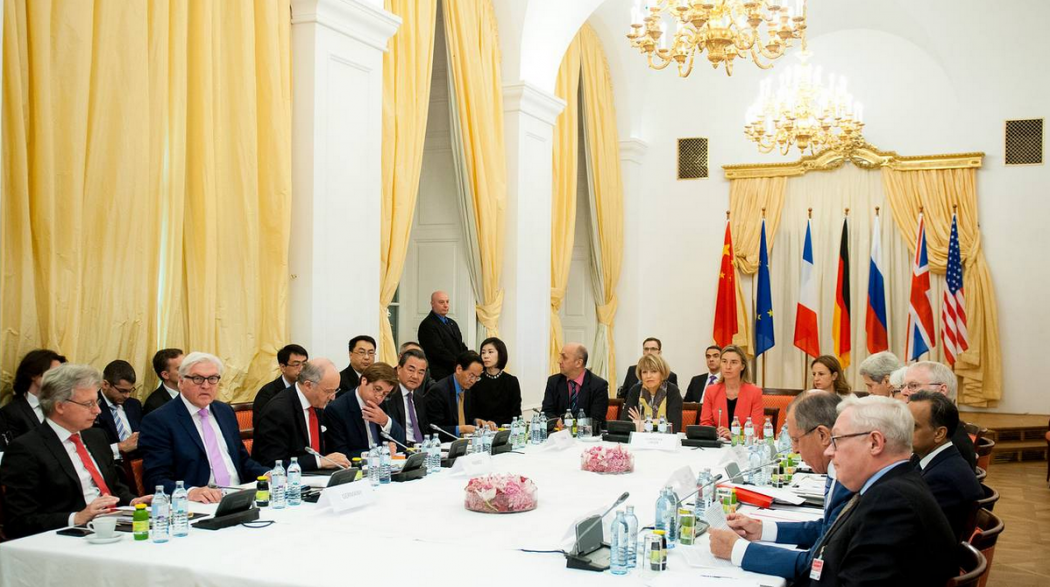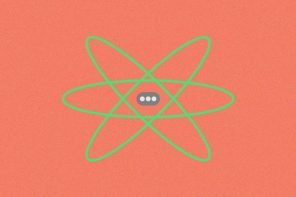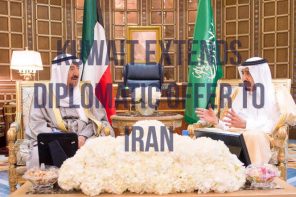After a decade of negotiations, Iran agrees to a deal with the US and five other super powers to limit its nuclear capabilities in exchange for sanctions relief. Critics in Israel and Saudi Arabia are calling the deal a historic mistake and the Obama administration is calling it a huge win for the world. We’ll have to follow this carefully.
The details of the deal are still coming out. The basic agreement states that Iran can’t build its nuclear program for ten years and then five years after that it will have to build slowly. It allows for more open inspections and requires Iran to disclose its nuclear program of the past.
The Obama administration and its partners hope the deal will resolve a dispute that at times threatened to spark a military conflict. In the optimistic view, it would ease tensions with Tehran over time and pave the way for fresh attempts to resolve some of the region’s many other conflicts.
In an address from the White House early Tuesday, Mr. Obama hailed the deal, threatening to veto any vote in Congress against it.
“Today, because America negotiated from a position of strength and principle, we have stopped the spread of nuclear weapons in this region,” he said. “Because of this deal, the international community will be able to verify that the Islamic Republic of Iran will not develop a nuclear weapon.”
Critics in Washington, Israel and the Gulf nations that neighbor Iran say the deal will merely delay Iran’s path to nuclear weapons. After 10 years of restraint on its activities mandated by the agreement, Tehran will then be able to ratchet up its nuclear program and potentially unleash a nuclear arms race in the region, they fear.
Both Mr Rouhani and Iranian Foreign Minister Mohammad Javad Zarif referred to the dispute over Iran’s nuclear programme as an “unnecessary crisis”.
Mr Zarif said the deal was “not perfect for anybody”, but that it was the “best achievement possible that could be reached”.
Mr Obama, who is trying to persuade a sceptical US Congress of the benefits, said it would oblige Iran to:
- remove two-thirds of installed centrifuges and store them under international supervision
- get rid of 98% of its enriched uranium
- accept that sanctions would be rapidly restored if the deal was violated
- permanently give the International Atomic Energy Agency (IAEA) access “where necessary when necessary”
Sanctions relief would be gradual, Mr Obama said, with an arms embargo remaining in place for five years and an embargo on missiles for eight years.
Separately, the IAEA and Iran said they had signed a roadmap to resolve outstanding issues.
IAEA head Yukiya Amano told reporters in Vienna, Austria, that his organisation had signed a roadmap “for the clarification of past and present outstanding issues regarding Iran’s nuclear programme”.
He called the agreement a “significant step forward”, saying it would allow the agency to “make an assessment of issues relating to possible military dimensions to Iran’s nuclear programme by the end of 2015”.
In an opinion piece in the WSJ we see an important point. Obama is too dismissive of critics of this deal. The idea that these dictators are pandering to constituents is ludicrous, since dictators don’t need votes. It would be refreshing if we could hear our President speak on the concerns he may actual have rather than trying so hard to sell this deal as if it were perfect, which we know it is not. It may well be the best deal we could get and the alternative maybe much more scary, but also would appreciate a little less politicking and a little more real discussion about the pros and cons of this deal.
Perhaps the most telling moment in yesterday’s presidential press conference was this exchange with ABC’s Jonathan Karl:
Karl: Mr. President, does it give you any pause to see this deal praised by Syrian dictator Assad as a “great victory for Iran,” or praised by those in Tehran who still shout “death to America,” and yet our closest ally in the Middle East calls it “a mistake of historic proportions”? And here in Congress, it looks like a large majority will vote to reject this deal. I know you can veto that rejection, but do you have any concerns about seeing a majority of the people’s representatives in Congress saying that this is a bad deal? . . .
Obama: Let me answer the question that you asked. It does not give me pause that Mr. Assad or others in Tehran may be trying to spin the deal in a way that they think is favorable to what their constituencies want to hear. That’s what politicians do. I mean, you’ll recall that during the course of these negotiations over the last couple of months every time the Supreme Leader or somebody tweeted something out, for some reason we all bought into the notion, well, the Obama administration must be giving this or capitulating to that.






